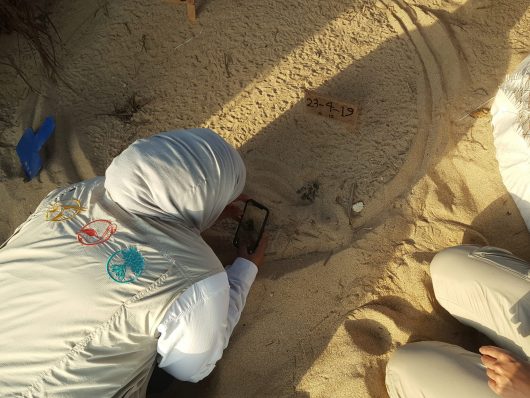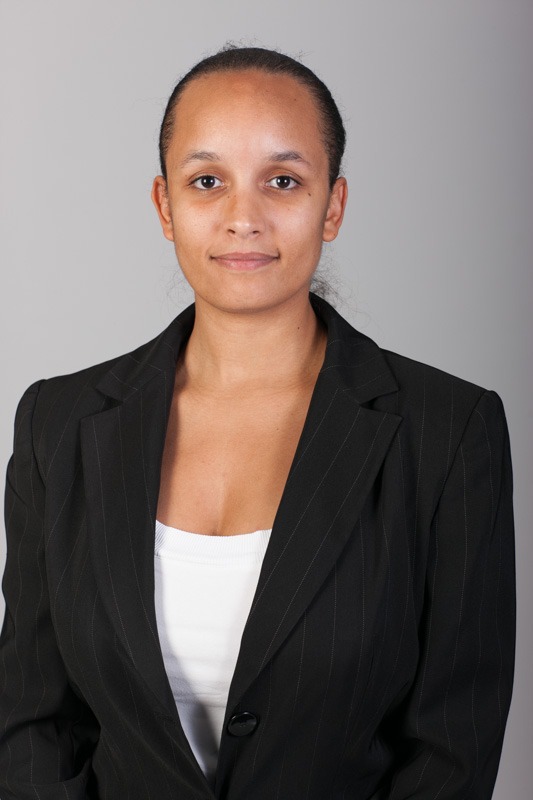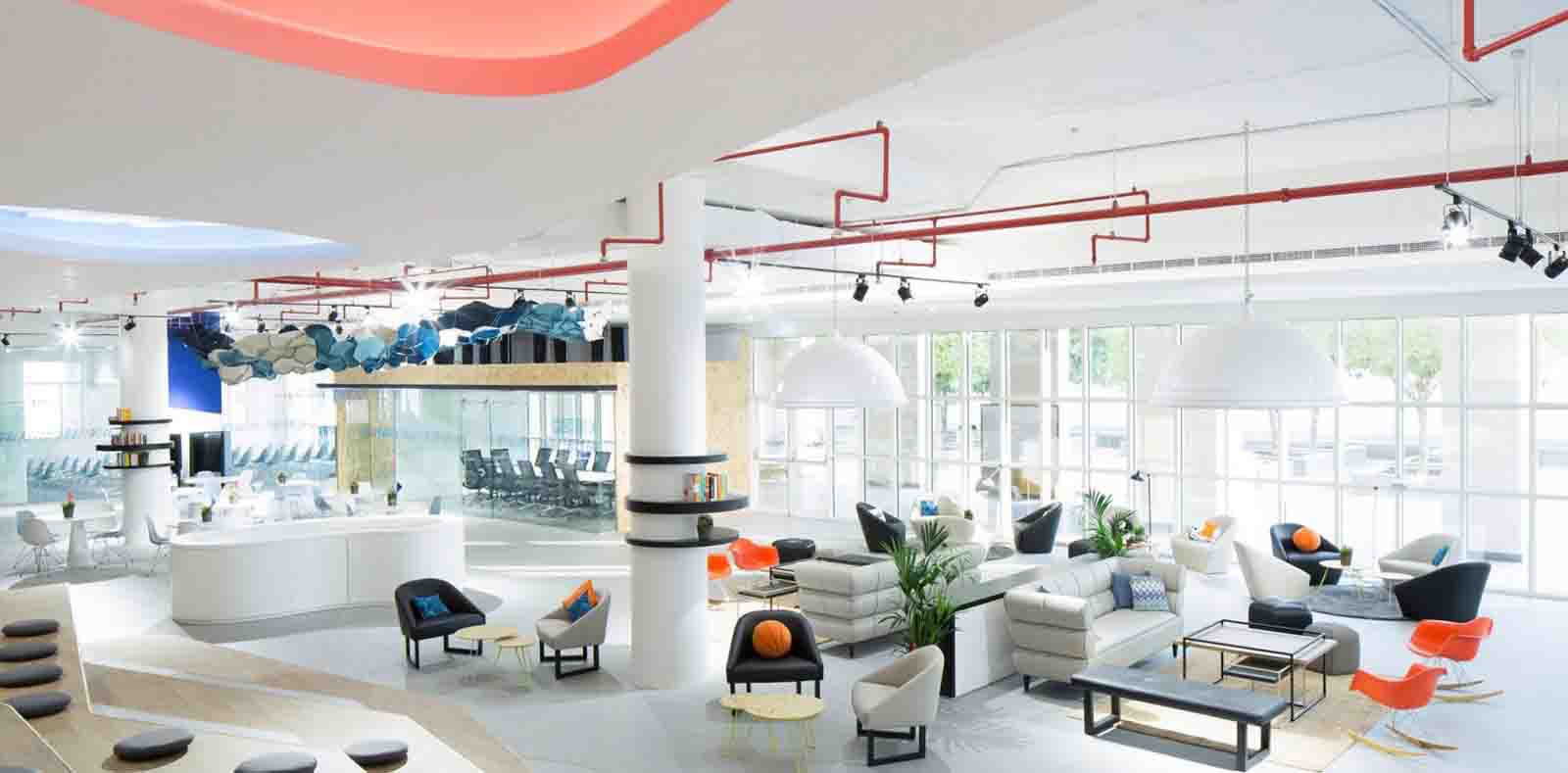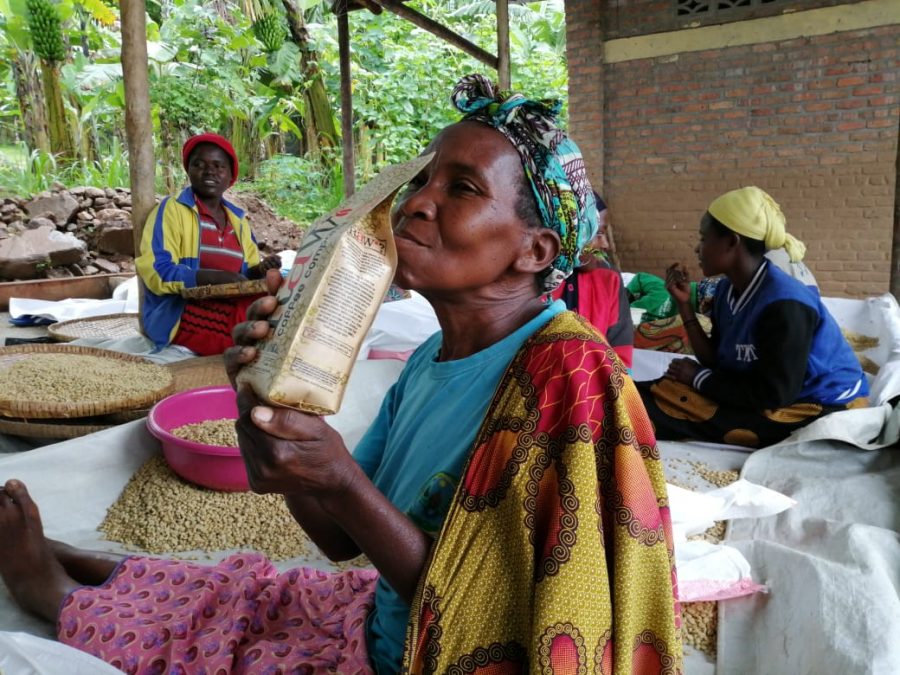Developing the Green Sukuk Market
Green

June 23, 2018, 10:40 am
A Sukuk is an Islamic bond that generates returns to investors without contravening Shari’ah Law, a green Sukuk is one in which proceeds from the Sukuk investment can only be used for climate friendly investments. A green Sukuk can be invested in by both Islamic and conventional investors and provides a high degree of certainty that all monies invested into it are being used exclusively for positive environmental benefit.
What is market-breaking about the green Sukuk is that it begins to bridge the gap between conventional and Islamic finance because it appeals to both investors looking to invest their money into more environmentally beneficial investments, as well as customers who are looking for Shari’ah compliant investments.
Created to fund projects with positive environmental benefits, green bonds have become rapidly popular in Europe and Asia while also beginning to gain traction in the United States.
According to Reuters, $32.2 billion-worth of green bonds were issued in Q2 2017, while issuance from emerging markets jumped from $2.3 billion to $9.2 billion year-on-year. Approximately half of the total investments came from developed markets, versus 16% a year ago. South Africa’s Cape Town, Argentina’s La Rioja Province, the Brazilian Development Bank and the National Bank of Abu Dhabi have all tapped the market, while Malaysia’s Tadau Energy sold the world’s first green Sukuk.
Countries such as Malaysia and the UAE are most active on this front out of the top 10 key Islamic finance markets, according to a report by Bashar Al Natoor, Global Head of Islamic Finance at Fitch Ratings, entitled Why Green Sukuk Could be a Growth Driver for Islamic Finance. In Malaysia in 2014, the Security Commission revised its Sukuk guideline by incorporating the new requirements for the issuance of socially responsible investing (SRI) Sukuk. The new Sukuk guidelines set out that the proceeds of SRI Sukuk can be used to preserve the environment and natural resources, conserve the use of energy, promote the use of renewable energy and reduce greenhouse gas emission.
Market norms and standards for green bonds are still evolving, reflecting the market’s nascent status, according to Al Natoor. The green bonds market is a self-regulated market although various voluntary guidelines exist, most notably the International Capital Market Association’s Green Bond Principles which were established in 2014 by a group of banks and focus on use of proceeds, process for project evaluation and selections, management of proceeds, and reporting. The Climate Bond Initiative also provides guidance, focusing on specific sectors.
However, no such structure exists yet for green Sukuk, meaning that the time spent drafting green Sukuk structures and frameworks that are acceptable to governments, investors and the Sukuk’s Shari’ah boards, can mean a substantially longer time frame of Islamic finance implementation leading to higher costs (at least until a standardised framework is established), according to Malaysia’s International Islamic Financial Centre (MIFC). Add to this the problem that rules and regulations about Shari’ah compliant finance vary in each country, and differs according to the supervisory board that is involved.
Islamic finance standardisation will be slow
The lack of standardisation in Islamic finance is a significant problem that is hampering the Islamic finance sector’s growth and Fitch Ratings expects progress to be slow given the scale of the challenge. With the development of a green Sukuk, and growing interest in the sector, these problems need to be ironed out to grow interest from both Islamic investors and conventional investors.
The green Sukuk market is a great enabler for Islamic finance, but without greater harmonisation of Shari’ah regulations within and between jurisdictions there is a limit to what can be achieved.
These regulatory differences are often cited as a limiting factor to the sector’s development. However, Fitch Ratings believes it is just one of five overlapping areas where greater standardisation and codification will be needed if Islamic finance is to gain wider acceptance among regional and international investors.
As well as Shari’ah, Fitch Ratings sees product structure and documentation, supervisory and regulatory frameworks, law and dispute resolution, and financial and accounting reporting as the main areas where standardisation would be advantageous. In some cases, there is still little standardisation even at a local level, while in others, progress would be needed on a regional, or international, basis.
One of the barriers to standardisation is the argument that it may limit innovation, but Fitch Ratings does not believe this to be the case. Malaysia is the most standardised market in the Islamic finance community and remains one of the most innovative, shown by the global first of the launch of a green Sukuk. Standards in regulatory and legal areas, which aim to describe rights and obligations under all circumstances, would support consistency, strengthen supervision and enable the industry to move to the next phase of its development.
While there is broad agreement on key Shari’ah principles, their interpretation and the process for assessing compliance can vary significantly, according to Fitch Ratings. Malaysia’s centralised Shari’ah supervisory board warrants all Sukuk are compliant with nationally accepted principles.
GCC member states, on the other hand, leave the question of compliance to Shari’ah boards of individual financial institutions and Sukuk stakeholders, which leave the door, open to divergence in Shari’ah rulings and interpretation, according to Fitch Ratings. There has been progress recently in some GCC countries, most notably Bahrain’s creation of a central Shari’ah board, which supervises Islamic finance product development and provides guidance to the central bank. However, there is still limited clarity on these initiatives’ mandate and influence.
Al Natoor noted that industry groups, such as the Accounting and Auditing Organization for Islamic Financial Institutions (AAOIFI), are expanding and have developed standards to try and drive harmonisation in several areas, including Shari’ah and financial reporting. AAOIFI recently admitted Saudi Arabia’s central bank as a member and also issued a new standard that encourages the creation of central Shari’ah boards and sets out common principles for establishing them. However, implementation of standards like this has been slow and patchy, and Fitch Ratings expects this to remain the case, according to Fitch Ratings.
Malaysia’s first green Sukuk
Tadau Energy, the Kota Kinabalu-based joint venture between Kagayaki Energy, a Malaysian renewable energy and sustainable technology investment firm, and Edra Solar, owned by China’s clean energy group, China General Nuclear Power Corporation, issued ‘the world’s first green Sukuk’, the RM250 million Green Sukuk Tadau.
The proceeds of the Sukuk, based on the Islamic structures of Istisna (construction finance) and Ijarah (leasing), will be used to finance the construction of a 50 MWAc solar project in Kudat, Sabah, under purchase agreements signed with Sabah Electricity. So successful was the issuance that Cicero assigned its highest ‘Dark Green” compliance certification.’
SOURCE: Malaysia’s International Islamic Financial Centre
Diagram 1:










